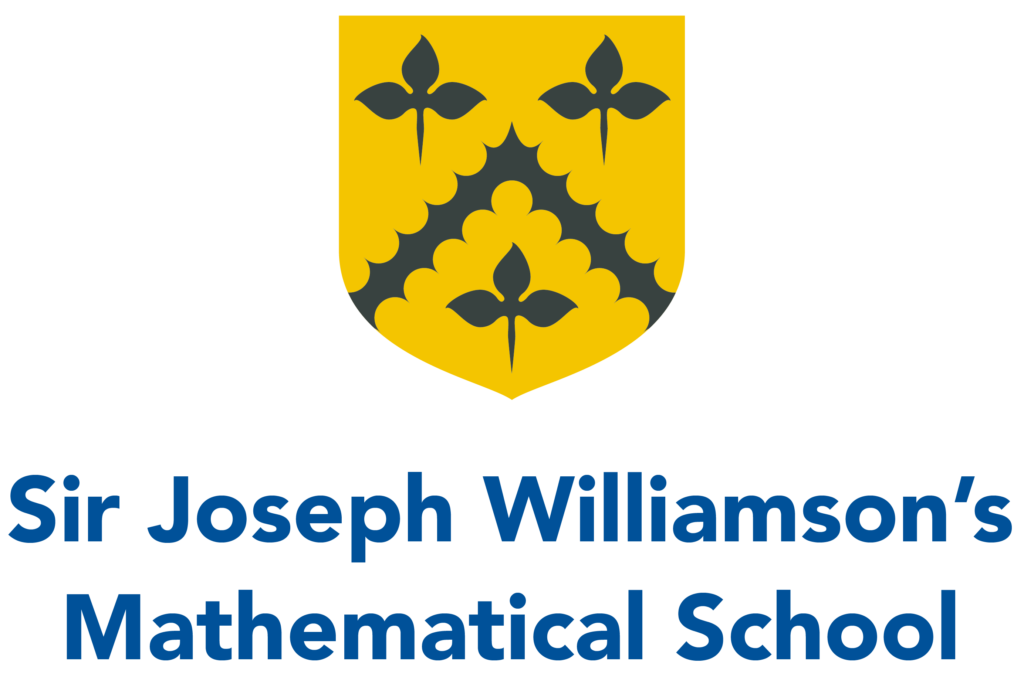‘History is usually presented as a set of facts and dates of victories and defeats, or monarchs and presidents, consigned to an unchanging past. But it’s not like that at all. History is the knitting together of rival interpretations: deliberate manipulations of the truth and sometimes alternative facts.’ – Dr Lucy Worsley
Choice of content:
- Selection of topics that together form an understanding of the core developments that served to establish Britain in its modern form. This includes the history and emergence of Fundamental British Values, the establishment of Britain’s constitution and political structures, as well as significant social developments.
- Development of themes including revolution, social change, empire, the significance of conflict in shaping the modern world, and the role of key individuals, as well encouraging students to draw links between different topics and time periods.
- Coverage of time periods which allow students to consider different periods of history, draw comparisons within and between time periods as well as consider how different time periods and moments in History have shaped the modern world.
In the words of the National Curriculum, within the KS3 content framework students should:
“identify significant events, make connections, draw contrasts, and analyse trends within periods and over long arcs of time. They should use historical terms and concepts in increasingly sophisticated ways. They should pursue historically valid enquiries including some they have framed themselves, and create relevant, structured and evidentially supported accounts in response. They should understand how different types of historical sources are used rigorously to make historical claims and discern how and why contrasting arguments and interpretations of the past have been constructed.” (National Curriculum 2013 DfE)
The department adds to this a strong focus on both oral and written communication with students from the start of year 7 being expected to plan structure and deliver extended sections of historical writing which build to a substantiated conclusion / judgement. The other main focus is on the development of source analysis skills – making inferences from content and making judgements of reliability through considering source accuracy and provenance.
At Key Stage 4 and 5 whilst the guiding intent is the exam board specification, options have been selected to provide a rounded experience as well as develop important aspects of knowledge. By the end of Year 10 pupils will have a detailed knowledge of Russia in the period 1894-1945, including events such as the Russian Revolution and the establishment of a communist dictatorship. They will also study the Cold War from 1945-72 and through this better understand the world we live in today through coverage of topics like the building of the Berlin Wall and the Cuban Missile Crisis. Through year 11 students study Edward I and also a unit on Peoples and Migration which looks at topics as diverse as Viking Raiders to the establishment of Empire to more modern migration in the latter 20th Century. This unit in particular supports students understanding of the formation of British Society and an understanding of Fundamental British Values. These topics are build on at A-Level with further Units on the Rise of Fascism and Britain’s Experience of Warfare.
It is a core expectation that all lessons and wider resourcing has effective provision for students with SEN so that they are able to make equal progress to their peers. Teachers have a strong knowledge of their classes and the needs of individual students, adapting questioning, support, and seating plans accordingly. SEN data is analysed and used to inform planning and interventions where necessary. The History curriculum has been designed to ensure that it is accessible to all students. Key terminology, themes and concepts are regularly revisited and the deliberate interleaving of topics ensures this takes place. This, combined with the retrieval practice exercises that take place each lesson ensure that key terms and concepts are regularly revisited. In addition, in order to support learners, in KS3 (and where necessary KS4) sentence builders are often used to ‘chunk learning’ and to enable students to formulate clear sentences. The “S” function is used to support students needing additional support with particular tasks/topics.
Extended writing is carefully planned and scaffolded, with use of writing frames where appropriate. These are available for use in lessons and are shared on the GC for use at home. Assessments do not cap student performance, so therefore they are both accessible and allow students to demonstrate high levels of ability. Chromebooks have been integrated into lessons, allowing students to complete tasks at their own pace and allowing students to revisit work. The department endeavours to accommodate students who need special arrangements for sitting internal exams and assessments. Disability is also represented within the curriculum, specifically looking at Victorian attitudes to disability and the experiences of disabled people.
Literacy is of central importance to the SJWMS history curriculum. This can be divided into two main areas: i) the developing student knowledge and use of subject terminology ii) improvement in students’ written communication skills.
Historical terminology is integral to all history lessons, including disciplinary terminology (e.g. “source” vs “interpretation”) and terminology specific to the topic at hand (e.g. “containment” or “detente” for the KS4 cold war module). The KS3 curriculum is in part designed to develop student understanding of abstract terms such as “imperialism” and “democracy”. Students’ written and oral responses are expected to make use of historical terminology and to use this terminology with precision. Terminology is specifically highlighted in lesson materials and in recall tasks. Procedural knowledge is also emphasised, e.g. students using “source” and “interpretation” accurately.
Literacy skills are a central tenet of the learning process in history and are instrumental to the acquisition of disciplinary and substantive knowledge. Oracy, listening, questioning, engaging in discussion and debate, scrutinising sources and formulating judgements are all vital components of this. Student written communication skills are a consistent focus through all key stages. Measures include:
- From the start of KS3 an intensive focus on paragraph structuring. Students are encouraged to use a Point Evidence Explain Link structure for their paragraphs. This is often modelled during planning, and is a core focus of group EBI tasks.
- Extended writing is used for all assessment tasks. Significant lesson time is devoted to modelling effective planning and structuring for these tasks, as well as reflection.
- Classwork emphasises the development of literacy. Students are expected to answer questions in full sentences and to explain their reasoning.
- Teachers model the use of precise historical language when teaching as well as impressing the need for students to replicate this in the verbal and written work.
- SPaG marking is an important part of the marking of homework and assessed tasks at all key stages.
- At KS5 students are provided with additional resources and direction to read widely into specialised literature.




